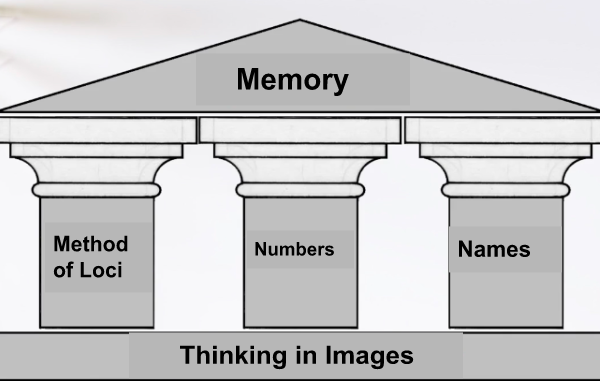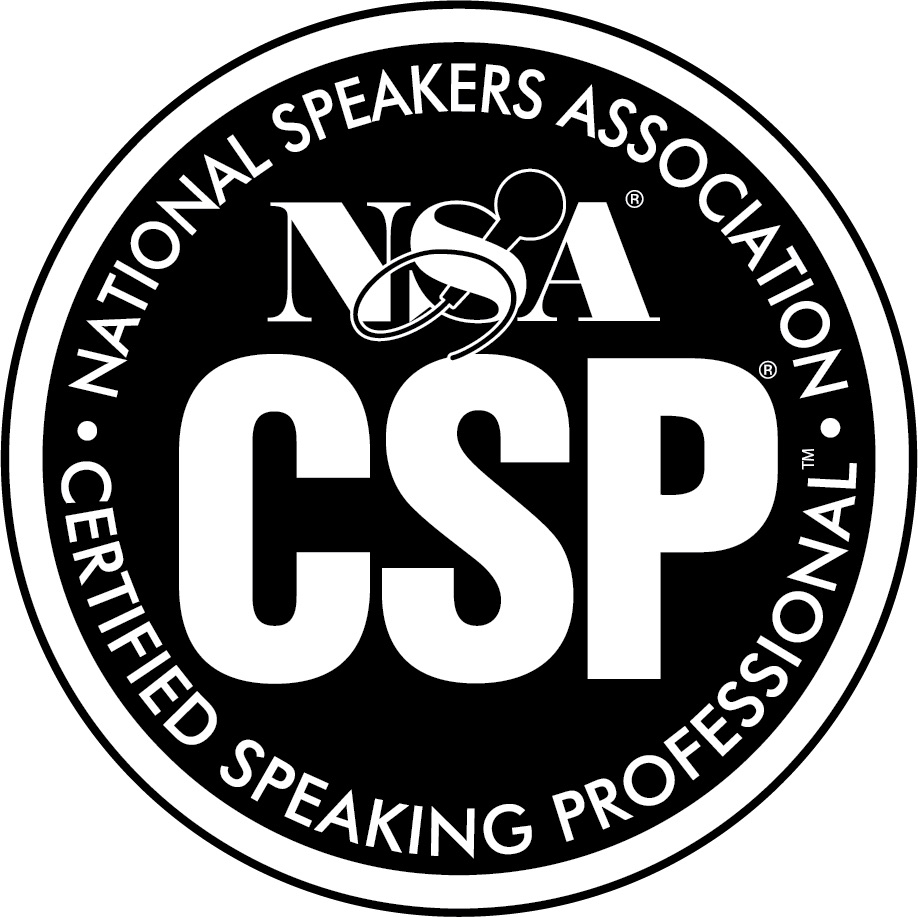There are various memory techniques, some of which are known by numerous names. However, the basic idea is always the same: Difficult to remember contents such as names, dates, facts, figures or technical contents are linked with images, emotions and existing knowledge. Our brain is excellent at remembering what we experience, see and also where something happens. If you now "transform" an abstract content into an experience, your brain already "knows" how to save it! Nevertheless, the actual content is not lost.
What are Mnemonic Techniques?
Mnemonics or Mnemonic Techniques are other words for memory techniques. The word Mnemonic Techniques can be derived from the Greek words μνήμη ("mnémē" = memory) and τέχνη ("téchnē" = art). Basically, mnemonics develops methods to make it easier to remember certain things. Within Mnemonic Techniques, you can remember things – such as list, names, and faces more easily – but also more complex or much more extensive content – including whole books, long lists or the number Pi up to a thousands of digits behind the comma.
Development of memory techniques
How it all began ... The first records of the application of a Mnemonic Technique have been handed down by the ancient Greeks. According to this, the Greek philosophers (especially Plato and Aristotle) have already studied and written about the memory methods. The "invention" of Mnemonics was later attributed to the Greek poet Simonides of Keos (~500 BC). Later, the Romans used these tools to make public speeches. At that time, people would use a technique in which they used a place of thought, a sign, or an image. The Method of Loci.
Scientific research on memory techniques
Meantime, the effectiveness of mnemonics and the potential increase in learning have been scientifically proven in several studies. My studies are less about whether the techniques help than about why. What happens in the brain when we do memory training? How do memory techniques and modern technology change our thinking? You can find out more about my research on the website of the Donders Institute and the Dresler Lab. Furthermore, the study by Lionel Standing et al. might be interesting for anyone who would like to get more information about visualizing
Images are remembered the best
Since Mnemonic does nothing than transform raw information into beautiful images, this is the right way to counteract forgetfulness and effectively remember - both in old age and in youth - significantly more and more comprehensive information than without memory training.
What memory techniques are there?

I like to summarize the memory techniques with the following model. In the roof is the memory, which I would like to support by different memory techniques. There is, for example, the method of loci for everything that has a sequence. Different techniques to remember numbers, like the Major System. Again, others for names and comparable contents. All these techniques are based on the idea of thinking in images. For me, simple techniques such as the story method or the keyword method are also part of this basic approach. The latter is mentioned a lot, especially in connection with memorizing vocabulary and learning foreign languages.
Do I just have to know these techniques? How important is training?
Using memory techniques, you will immediately notice an improvement in certain tasks, for example, remembering a list of terms. Other techniques such as the Major system require significantly more preparation and training. Regardless, of course, training is crucial. Please don't be put off by this, but don't be fooled by some of my colleagues who pretend that attending their workshop is enough.
Just as watching Arnold Schwarzenegger's training videos doesn't turn your body into a muscle miracle, watching memory tips isn't enough to gain a super brain. However, the necessary training effort is less than you might fear. In my studies, on average, participants have more than doubled their memory performance in various tasks in just six weeks of training (a few minutes a day)! Anyone can do that!
If you train and use these techniques, you already completed the most important steps to a super memory. In general, memory athletes use the same techniques, with some minor refinements, and train them intensively.
Is doing memory sports useful? I like to compare it with physical sports: to move, to do a sport regularly or to go running is very sensible and healthy and has many positive effects. However, that does not apply to reducing your marathon time from four to three hours, which is "just" a sport.




